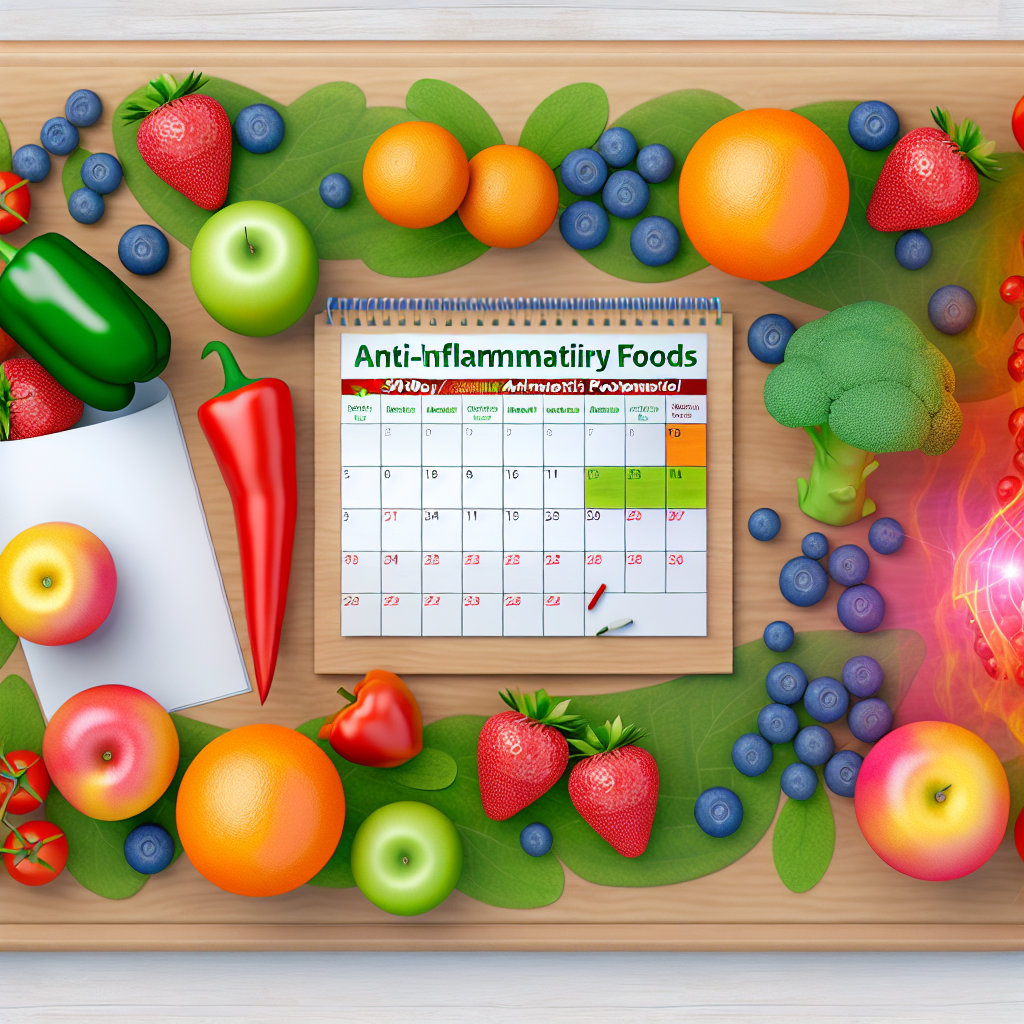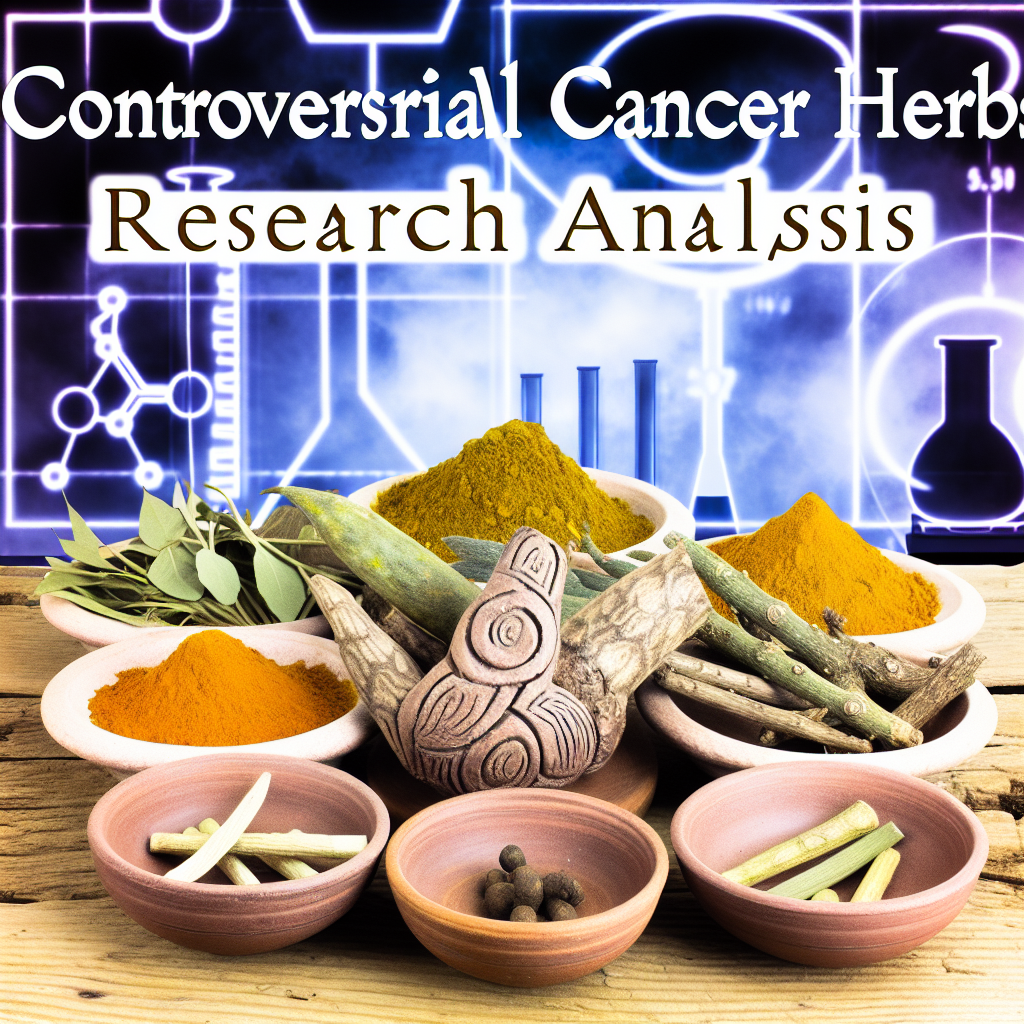Anti-Inflammatory Foods – 30-Day Arthritis Protocol
Introduction
Inflammation is a vital part of the body’s natural healing mechanism, helping to fight infection and repair damaged tissues. However, when **inflammation becomes chronic**, it can contribute to conditions like **cardiovascular disease**, **diabetes**, and particularly **rheumatoid arthritis** and **osteoarthritis**. These conditions affect over 54 million adults in the U.S., leading to **joint pain**, swelling, reduced mobility, and decreased quality of life.
While conventional treatments like **NSAIDs** and **corticosteroids** provide temporary relief, their long-term use can result in side effects such as gastrointestinal disturbances, liver toxicity, and compromised immune systems. As more people turn toward holistic health options, **diet** has emerged as a powerful tool to combat inflammation naturally.
The **30-day Anti-Inflammatory Arthritis Protocol** highlights the therapeutic potential of whole, nutrient-dense foods that reduce inflammation and oxidative stress. This diet emphasizes ingredients like **leafy greens**, **berries**, **fatty fish**, **turmeric**, and **nuts**, which are rich in **antioxidants**, **healthy fats**, and **anti-inflammatory compounds**.
Rather than a restrictive fad diet, this protocol is rooted in **scientific research** and promotes sustainable lifestyle changes. Incorporating anti-inflammatory foods can help alleviate joint pain, improve mobility, and contribute to overall wellness.
This protocol provides a practical, food-based approach to restoring health and controlling arthritis symptoms—one meal at a time.
Scientific Features and Studies Supporting Anti-Inflammatory Foods for Arthritis
Numerous clinical studies support the role of diet in reducing **chronic inflammation**, especially in individuals with **arthritis**. A study in Frontiers in Nutrition (2020) found that an **anti-inflammatory diet** abundant in **polyphenols**, **omega-3 fatty acids**, and **antioxidants** significantly reduced inflammation markers like **C-reactive protein (CRP)** in patients suffering from **rheumatoid arthritis**.
Among all dietary models, the **Mediterranean diet** is one of the most evidence-backed for lowering inflammation. According to a study in the Annals of the Rheumatic Diseases (2017), adherence to this diet led to improved physical performance and decreased disease activity in people with RA. This diet emphasizes **whole grains**, **olive oil**, **vegetables**, **legumes**, and **fatty fish**, all of which provide anti-inflammatory benefits.
**Turmeric**, especially its active compound **curcumin**, has been shown to have low-risk and powerful anti-inflammatory effects. A comprehensive review in the Journal of Medicinal Food (2016) concluded that **curcumin supplementation** significantly improved arthritis symptoms compared to a placebo.
Similarly, **ginger**, long recognized for its medicinal uses, was shown in a randomized trial in Arthritis & Rheumatism (2001) to reduce pain and joint stiffness in patients with **osteoarthritis**.
**Omega-3 fatty acids**—found in **salmon**, **mackerel**, and **chia seeds**—are vital for combating inflammation. A meta-analysis in the journal Pain (2015) showed that omega-3 supplementation led to significant reductions in joint pain intensity and morning stiffness among arthritis patients.
Lastly, antioxidant-rich foods like **blueberries**, **spinach**, and **broccoli** help neutralize free radicals—unstable molecules that promote inflammation. The USDA Human Nutrition Research Center notes that diets high in antioxidants are linked with reduced systemic inflammation.
These peer-reviewed findings form the foundation of the 30-Day Protocol, providing a scientifically validated, food-based strategy to ease arthritis symptoms.
30-Day Anti-Inflammatory Foods Arthritis Protocol
Week 1: Elimination of Pro-Inflammatory Foods
Start by removing known **inflammatory triggers**, including:
– Processed snacks
– Sugary beverages
– Red meat
– Dairy
– Gluten
Replace them with:
– **Whole foods** such as quinoa, brown rice, lentils
– **Dark leafy greens** like spinach and kale
– **Chia and flaxseeds** for plant-based omega-3s
– Increase hydration with **green tea** and water
This phase detoxifies the body, allowing inflammation to decrease naturally.
Week 2: Introduce Healing Foods
Add foods known for their **anti-inflammatory power**:
– **Fatty fish** like wild-caught salmon (2–3 times per week)
– **Fermented foods** (kimchi, kefir, unsweetened yogurt) that support gut flora
– **Dark-colored berries** (blueberries, blackberries) high in polyphenols
– **Herbs and spices** like turmeric and ginger
Smoothies become a key tool this week—combine **spinach**, **almond milk**, and **berries** for a nutrient-rich start to your day.
Week 3: Strengthen Gut Health
The gut plays a significant role in immune function and inflammation control:
– Include **fiber-rich vegetables** like carrots, beets, Brussels sprouts
– Add **prebiotics** (onions, garlic, leeks) to feed healthy bacteria
– Continue with **probiotic foods** like sauerkraut and miso
– Eliminate alcohol and reduce caffeine
– Introduce **herbal teas** such as chamomile and ginger to soothe the digestive tract
Gut health is foundational in managing systemic inflammation, improving not just joint pain but also **mental clarity**, **energy levels**, and **immune resilience**.
Week 4: Sustainability and Personalized Adjustments
This is the transition to a long-term, manageable way of eating:
– Increase **food variety** – rotate between different vegetables, proteins, and herbs
– Experiment with anti-inflammatory spices (coriander, cinnamon, basil)
– Gradually **reintroduce eliminated foods** to identify personal triggers
– Maintain a food and symptom journal to track tolerance and reaction
This week enables users to refine their personal anti-inflammatory blueprint that works best for their body and lifestyle.
Sample Day on the Protocol
– Breakfast: Turmeric oatmeal made with almond milk, topped with flaxseeds and fresh blueberries
– Lunch: Wild salmon salad on arugula with cucumbers, cherry tomatoes, olives, and extra virgin olive oil
– Snack: Handful of walnuts and a green smoothie with kale, ginger, and pineapple
– Dinner: Hearty lentil stew with turmeric, ginger, carrots, and kale
– Beverage: Herbal ginger-lemon tea
Conclusion
Managing arthritis doesn’t have to rely solely on prescription medications. A strategic **anti-inflammatory diet** offers a safe, natural, and scientifically supported way to ease pain, stiffness, and swelling. By choosing healing foods and avoiding inflammatory triggers, you support the body’s natural healing processes, reduce inflammation, and improve joint health.
Unlike quick fixes, this **30-day protocol** is designed to spark long-term health improvements. Alongside regular movement, stress reduction, and quality sleep, this food-first approach fosters lasting relief and wellness.
Remember: **food is medicine.** Use it wisely, and you can take proactive control over arthritis—one bite at a time.
References
– Frontiers in Nutrition. “The Role of Diet in Rheumatoid Arthritis Inflammation Control.”
– Annals of the Rheumatic Diseases. “Mediterranean Diet and Rheumatoid Arthritis.”
– Journal of Medicinal Food. “Curcumin and Arthritis: A Review of Clinical Trials.”
– Arthritis & Rheumatism Journal. “Efficacy of Ginger Extract in Osteoarthritis.”
– Pain Journal. “Omega-3 Fatty Acids for Inflammatory Joint Pain Meta-Analysis.”
– USDA Human Nutrition Research Center. “Antioxidants and Inflammation.”
Concise Summary
This 30-day Anti-Inflammatory Foods Arthritis Protocol offers a scientifically supported nutritional approach to reducing arthritis-related inflammation, joint pain, and stiffness. The plan gradually eliminates inflammatory foods, introduces healing ingredients, and strengthens gut health with whole, nutrient-dense options like leafy greens, berries, fatty fish, and fermented foods. Backed by studies in respected journals, this diet supports long-term relief without pharmaceuticals. With weekly guidance and sample meals, it empowers individuals to take control of their arthritis naturally—beginning on their plate.

Dominic E. is a passionate filmmaker navigating the exciting intersection of art and science. By day, he delves into the complexities of the human body as a full-time medical writer, meticulously translating intricate medical concepts into accessible and engaging narratives. By night, he explores the boundless realm of cinematic storytelling, crafting narratives that evoke emotion and challenge perspectives.
Film Student and Full-time Medical Writer for ContentVendor.com




